That Ringing in Your Ears? It’s Not in Your Head (Well, Actually… It Is)
You’re lying in bed, house silent, and there it is again: that buzzing… that ringing… that high-pitched phantom sound that no one else seems to hear. You start wondering: Is this normal? Is this permanent? Will it ever stop?
Welcome to tinnitus. (Spoiler: You’re not alone.)
An estimated 50 million people in North-American and nearly 1.5 billion people worldwide live with tinnitus. It’s one of the most common sensory disorders on the planet — right up there with hearing loss. And guess what? Most people with tinnitus also have some level of hearing loss. And vice versa.
So, no. You’re not imagining it. And no, you’re not crazy.
But you might feel that way sometimes, because tinnitus has a way of taking up space in your brain — interfering with sleep, concentration, conversations, and even your mood. It can feel loud, even in the quietest room.
So… What Is Tinnitus, Exactly?
Clinically, it’s defined as a phantom perception of sound. In plain English: your brain hears a sound that isn’t actually there.
It might sound like:
-
Ringing
-
Buzzing
-
Whooshing
-
Humming
-
Cicadas on espresso
Some only hear it in silence. Others hear it all the time. But one thing’s true for everyone: it’s exhausting when you don’t know why it’s happening… or what to do about it.
Why Is This Happening to Me?
Let’s talk science for a sec. Most cases of tinnitus are the result of neural damage — tiny breakdowns in the ear-to-brain communication highway.
And the top culprit?
Age. (Yep, it’s that guy again.)
But it could also be:
-
Noise exposure (a rock concert in 1998… or your lawnmower every weekend)
-
Certain medications (even the “harmless” ones like ibuprofen)
-
Viral infections (yes, even that one)
-
TMJ issues, vascular conditions, or thyroid imbalances
So while the cause might vary, the effect is often the same: your brain isn’t getting the usual signals from your ears. So it turns up the volume. It tries to fill in the gaps.
Your Brain Is Trying to Help (But Ends Up Being Really Annoying)
This whole thing is called central gain — your brain compensates for the hearing loss by becoming overly sensitive. It’s like your brain becomes that one friend who insists on speaking for you at parties. Helpful? Kind of. Embarrassing and confusing? Absolutely.
It’s similar to phantom limb pain. When someone loses a limb, their brain sometimes still feels it there. In the case of tinnitus, your brain fills in missing sound with… well… sound that doesn’t exist.
Good News: You’re Not Stuck With It
Let’s bust a myth:
“There’s nothing I can do about the ringing in my ears.”
Wrong. In most cases, there are very real, very effective treatment options that can dramatically reduce (or even eliminate) your perception of tinnitus.
🎧 Sound Stimulation
The gold standard in tinnitus treatment is prescriptive sound technology — specialized, FDA-regulated devices that help rebuild the ear-to-brain connection. Think of it like physical therapy… for your auditory system.
In fact, 100% of studies between 2010 and 2020 showed that patients using this technology had significant improvements. Some even said their tinnitus disappeared during the day.
🧠 Brain Training
Pair sound therapy with a little mental gymnastics, and you’ve got a winning combo. A recent study in The Journal of the American Medical Association (JAMA) found that brain training tools — like BrainHQ — can improve memory, focus, and reduce the perception of tinnitus.
We’re still learning here, but the early results are promising. Brain plasticity FTW!
You Don’t Have to Figure This Out Alone
Tinnitus can feel isolating. But it doesn’t have to be.
If your ears are ringing, buzzing, hissing, or playing a solo symphony no one else can hear — don’t ignore it. Help is available. Real, science-backed, personalized help. Because you deserve to turn down the noise in your head and tune back into your life.
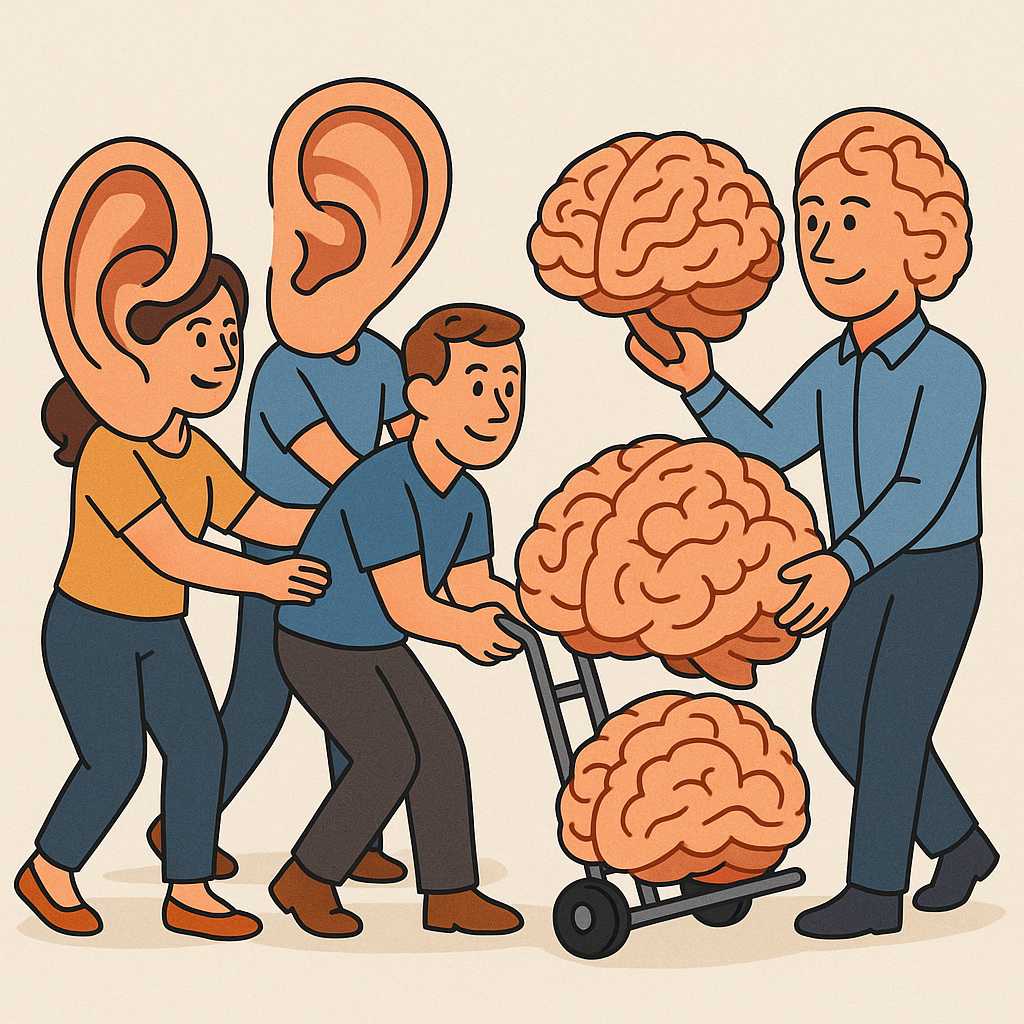 Back in 2010, The Hearing & Dizziness Clinic (formerly Amherstburg Audiology & Hearing Aids) opened its doors in Amherstburg with just Bernice running the show. Fast forward 15 years, and what started as one audiologist has grown into a team of six. With our growth came a challenge: we simply ran out of space. In fact, Bernice had to rent an extra office offsite just to get work done.
Back in 2010, The Hearing & Dizziness Clinic (formerly Amherstburg Audiology & Hearing Aids) opened its doors in Amherstburg with just Bernice running the show. Fast forward 15 years, and what started as one audiologist has grown into a team of six. With our growth came a challenge: we simply ran out of space. In fact, Bernice had to rent an extra office offsite just to get work done.
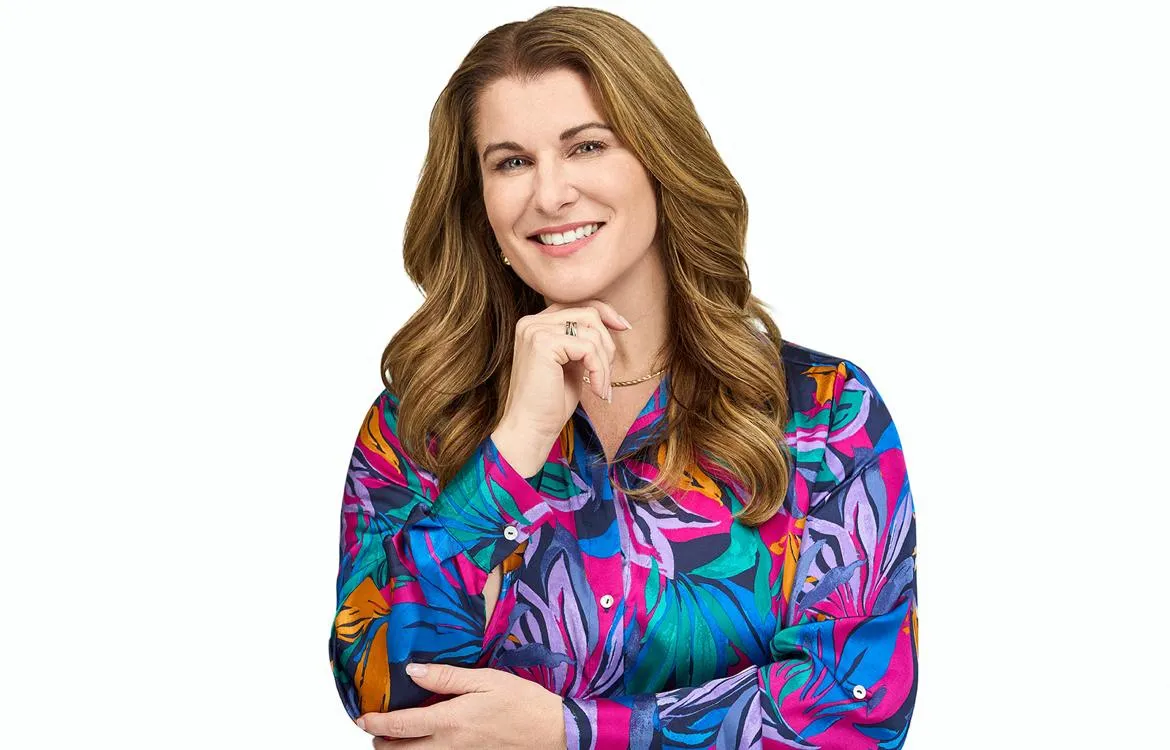 We’re thrilled to announce that we’re once again sponsoring a powerful and informative seminar featuring TEDx speaker Nashlea Brogan on Monday, September 15th!
We’re thrilled to announce that we’re once again sponsoring a powerful and informative seminar featuring TEDx speaker Nashlea Brogan on Monday, September 15th! 🚨 WINDSOR – GET READY! 🚨
🚨 WINDSOR – GET READY! 🚨 Tinnitus Awareness Week is an important time to shed light on a condition that affects millions of people worldwide. If you or someone you love experiences a persistent ringing, buzzing, or hissing sound in their ears, you are not alone. Tinnitus can be frustrating, overwhelming, and, at times, life-altering. However, while there is no single cure for tinnitus, there are effective ways to manage it and significantly reduce its impact on daily life.
Tinnitus Awareness Week is an important time to shed light on a condition that affects millions of people worldwide. If you or someone you love experiences a persistent ringing, buzzing, or hissing sound in their ears, you are not alone. Tinnitus can be frustrating, overwhelming, and, at times, life-altering. However, while there is no single cure for tinnitus, there are effective ways to manage it and significantly reduce its impact on daily life.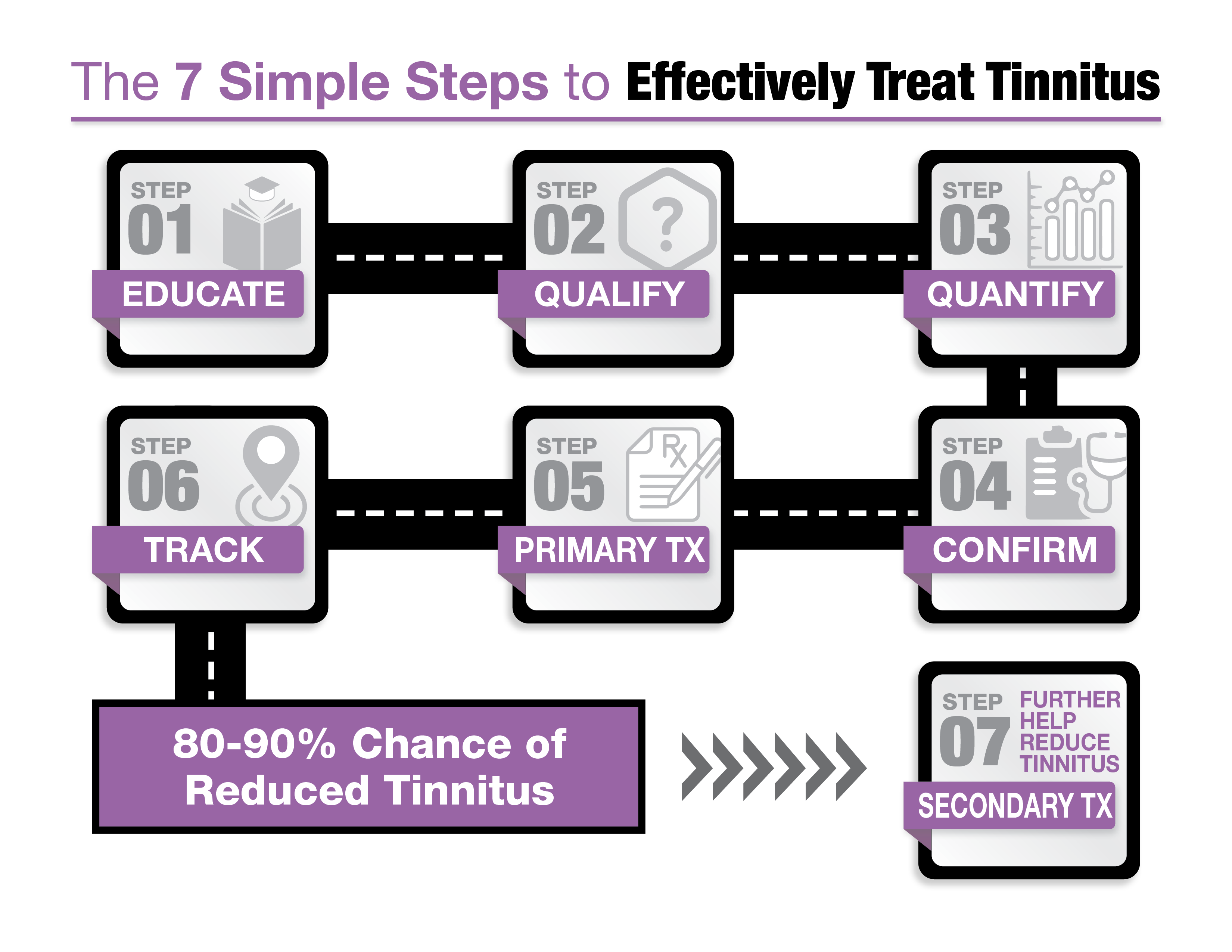 1. Education through Expert Resources
1. Education through Expert Resources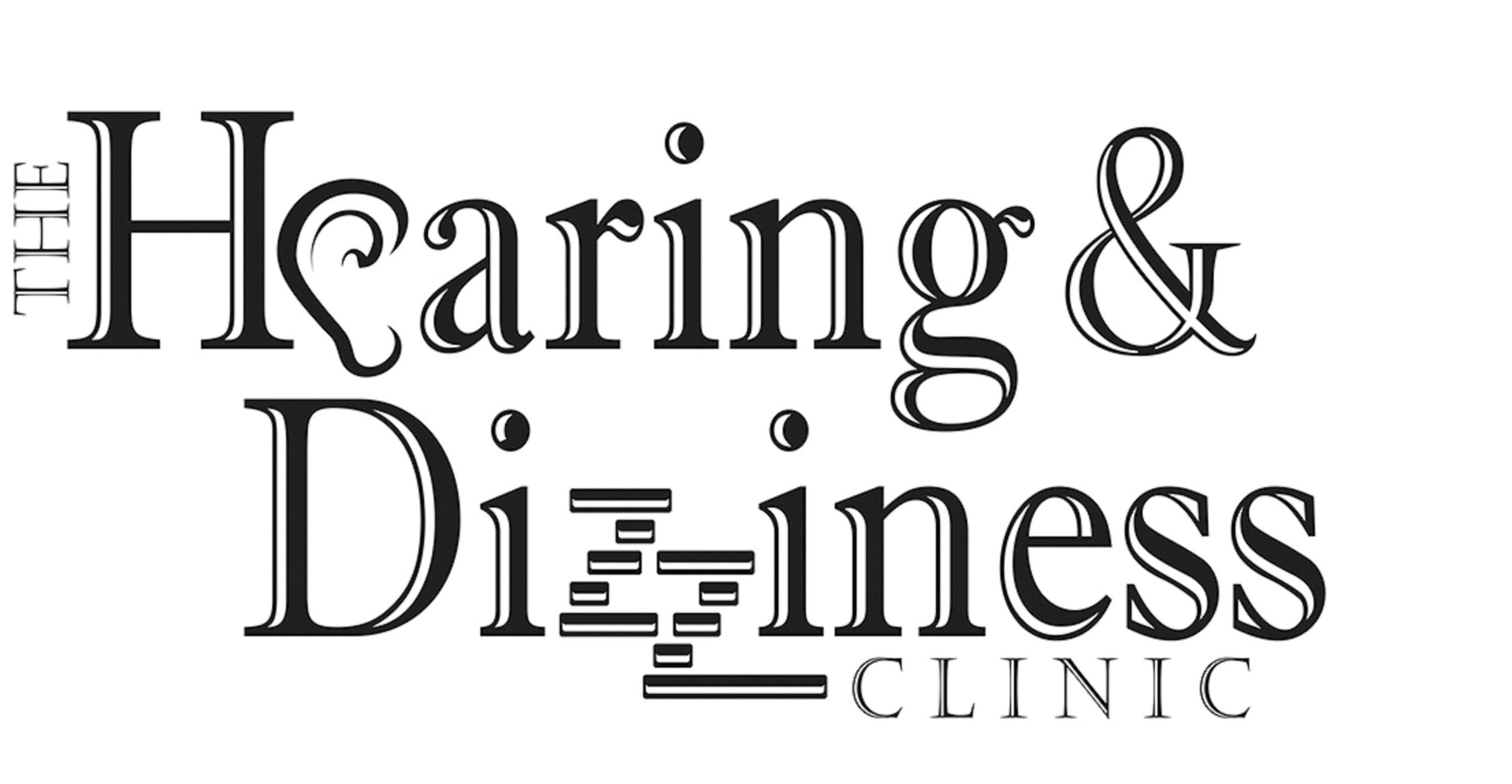 I am Bernice McKenzie, an audiologist and the owner of The Hearing & Dizziness Clinic. Originally from Brantford, Ontario, I moved to Windsor to attend Wayne State University, where I was part of the first graduating class of Doctors of Audiology. Audiology, the study of hearing and balance disorders, provided me the opportunity to help people—a core value in my family of nurses and social workers. However, I soon realized that the profession was shifting towards hearing aid sales rather than patient care.
I am Bernice McKenzie, an audiologist and the owner of The Hearing & Dizziness Clinic. Originally from Brantford, Ontario, I moved to Windsor to attend Wayne State University, where I was part of the first graduating class of Doctors of Audiology. Audiology, the study of hearing and balance disorders, provided me the opportunity to help people—a core value in my family of nurses and social workers. However, I soon realized that the profession was shifting towards hearing aid sales rather than patient care.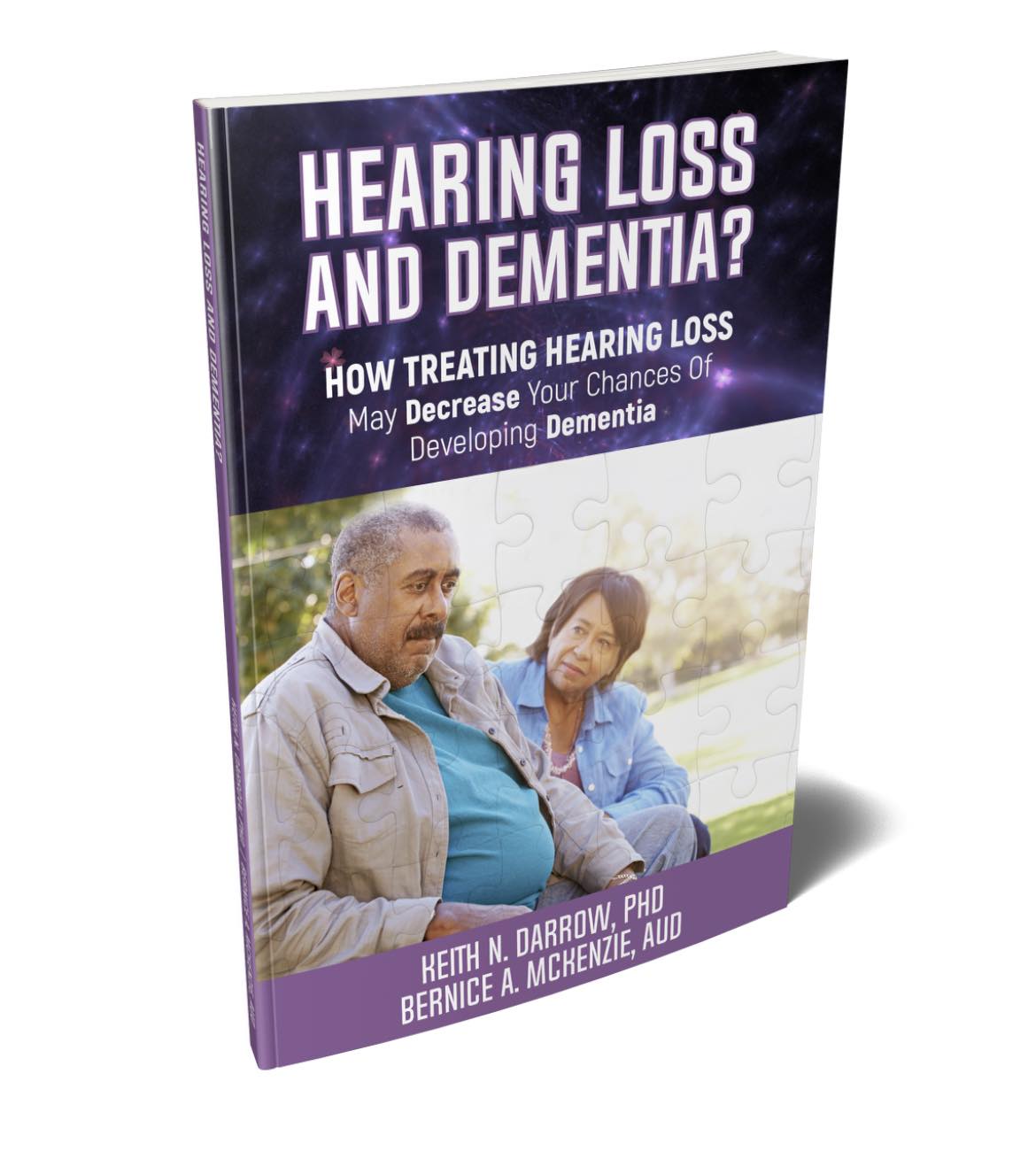 We understand that learning about tinnitus and hearing loss can feel overwhelming, which is why our new patient appointments last up to two hours. To help patients feel prepared and informed, we send them our pre-education book before their appointment. Co-authored by our owner, Bernice McKenzie, this book explains the treatment process in clear, easy-to-understand terms. It’s the perfect way to start your journey toward better hearing health.
We understand that learning about tinnitus and hearing loss can feel overwhelming, which is why our new patient appointments last up to two hours. To help patients feel prepared and informed, we send them our pre-education book before their appointment. Co-authored by our owner, Bernice McKenzie, this book explains the treatment process in clear, easy-to-understand terms. It’s the perfect way to start your journey toward better hearing health.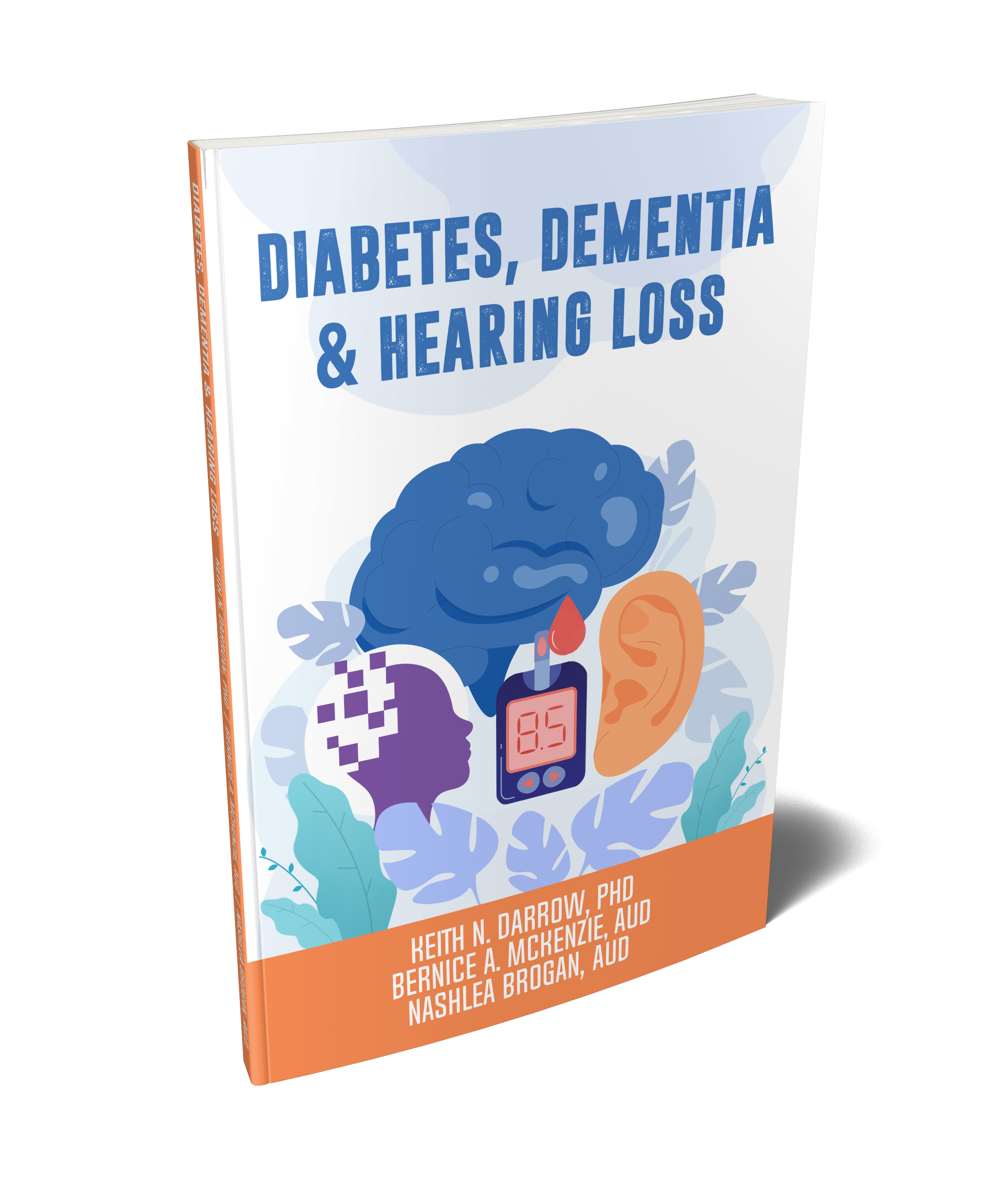 Did you know there’s a connection between diabetes, dementia, and hearing loss? This critical link inspired Bernice McKenzie to co-author a book on the topic. It’s an essential resource for anyone interested in understanding how these conditions interact and why treating hearing loss is so important for overall health. You can request your free copy by visiting
Did you know there’s a connection between diabetes, dementia, and hearing loss? This critical link inspired Bernice McKenzie to co-author a book on the topic. It’s an essential resource for anyone interested in understanding how these conditions interact and why treating hearing loss is so important for overall health. You can request your free copy by visiting 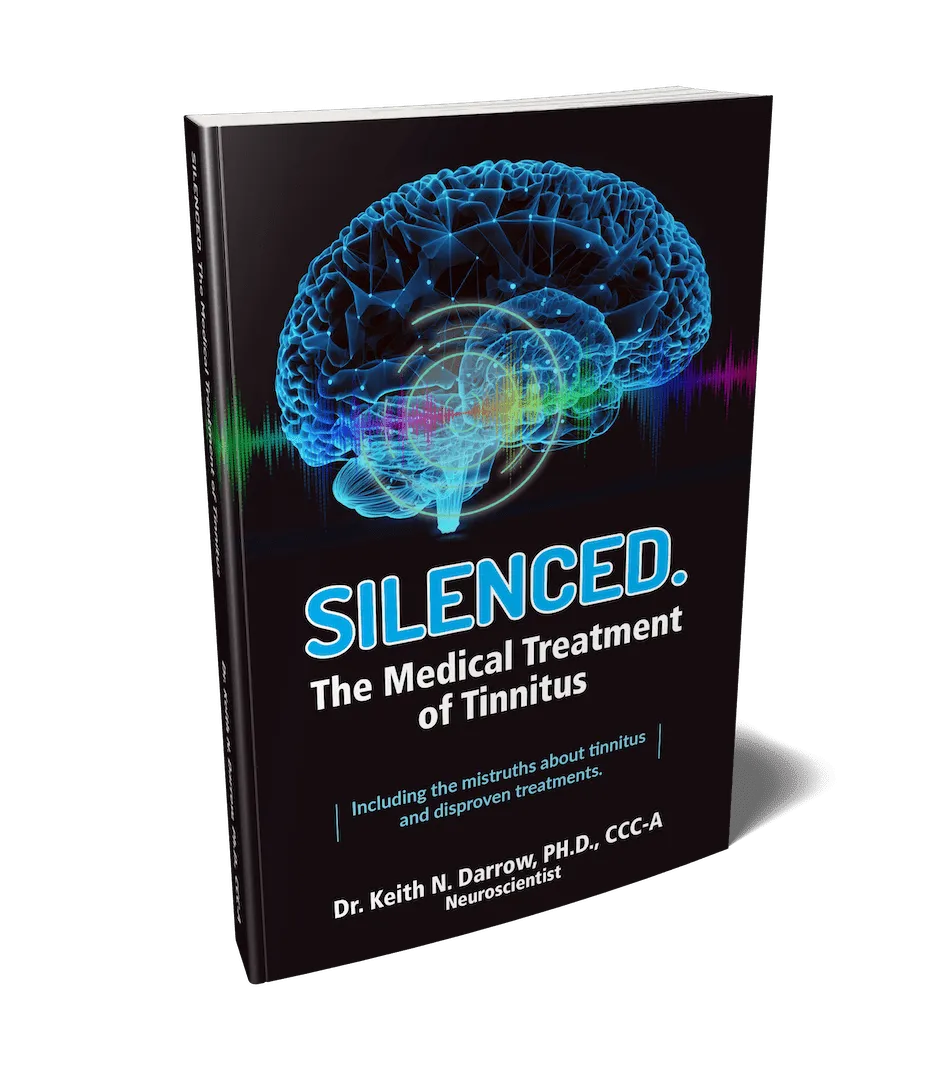 Tinnitus can be a frustrating and confusing condition, especially with so much conflicting information online. Dr. Keith Darrow’s book, “SILENCED. The Medical Treatment of Tinnitus”, is an excellent resource that cuts through the noise. It provides accurate, up-to-date information about tinnitus and treatment options in an easy-to-read format. This book is available free of charge—just request your copy today by clicking
Tinnitus can be a frustrating and confusing condition, especially with so much conflicting information online. Dr. Keith Darrow’s book, “SILENCED. The Medical Treatment of Tinnitus”, is an excellent resource that cuts through the noise. It provides accurate, up-to-date information about tinnitus and treatment options in an easy-to-read format. This book is available free of charge—just request your copy today by clicking  We are honoured to present our distinguished speaker, Nashlea Brogan, Doctor of Audiology and Audiologist extraordinaire! With a passion for empowering those with hearing loss, Nashlea has dedicated her illustrious career to improving lives through the latest advancements and tools in Audiology.
We are honoured to present our distinguished speaker, Nashlea Brogan, Doctor of Audiology and Audiologist extraordinaire! With a passion for empowering those with hearing loss, Nashlea has dedicated her illustrious career to improving lives through the latest advancements and tools in Audiology.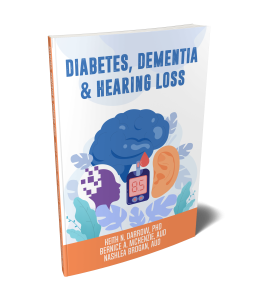 This educational event is designed to provide valuable insights into the correlations between diabetes, dementia, and hearing loss, and how they can impact your life. Don’t miss this opportunity to expand your knowledge and gain a deeper understanding of these crucial topics.
This educational event is designed to provide valuable insights into the correlations between diabetes, dementia, and hearing loss, and how they can impact your life. Don’t miss this opportunity to expand your knowledge and gain a deeper understanding of these crucial topics.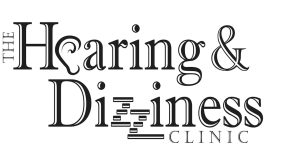 Retail locations often operate under the influence of hearing aid manufacturers, either directly or indirectly. Their primary goal is to sell as many hearing aids as possible. While hearing aids can undoubtedly be life-changing devices, it’s crucial to consider the impartiality of the recommendations provided in a retail setting. On the other hand, medical model clinics, like ours, are local and independently owned, with no affiliation to any specific hearing aid manufacturer. This allows us to prescribe the best solutions for our patients in an unbiased and personalized manner.
Retail locations often operate under the influence of hearing aid manufacturers, either directly or indirectly. Their primary goal is to sell as many hearing aids as possible. While hearing aids can undoubtedly be life-changing devices, it’s crucial to consider the impartiality of the recommendations provided in a retail setting. On the other hand, medical model clinics, like ours, are local and independently owned, with no affiliation to any specific hearing aid manufacturer. This allows us to prescribe the best solutions for our patients in an unbiased and personalized manner.